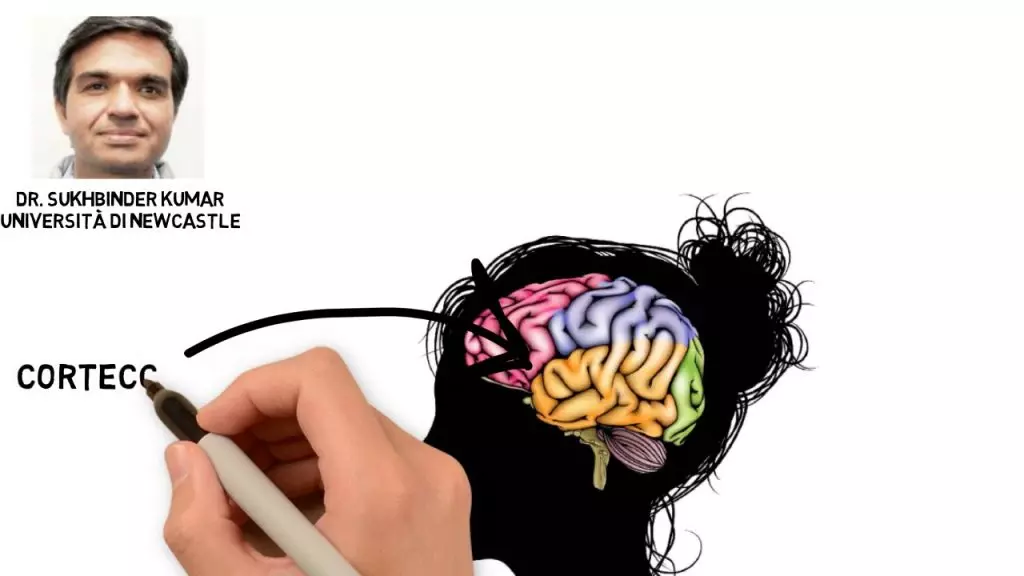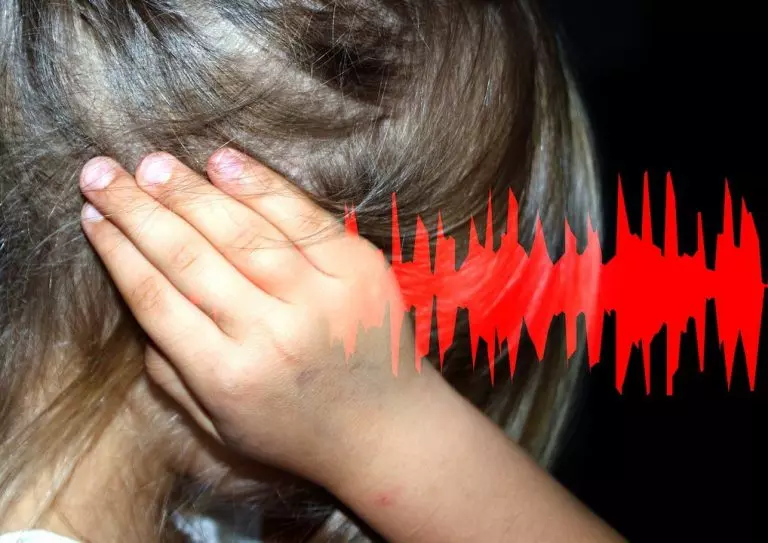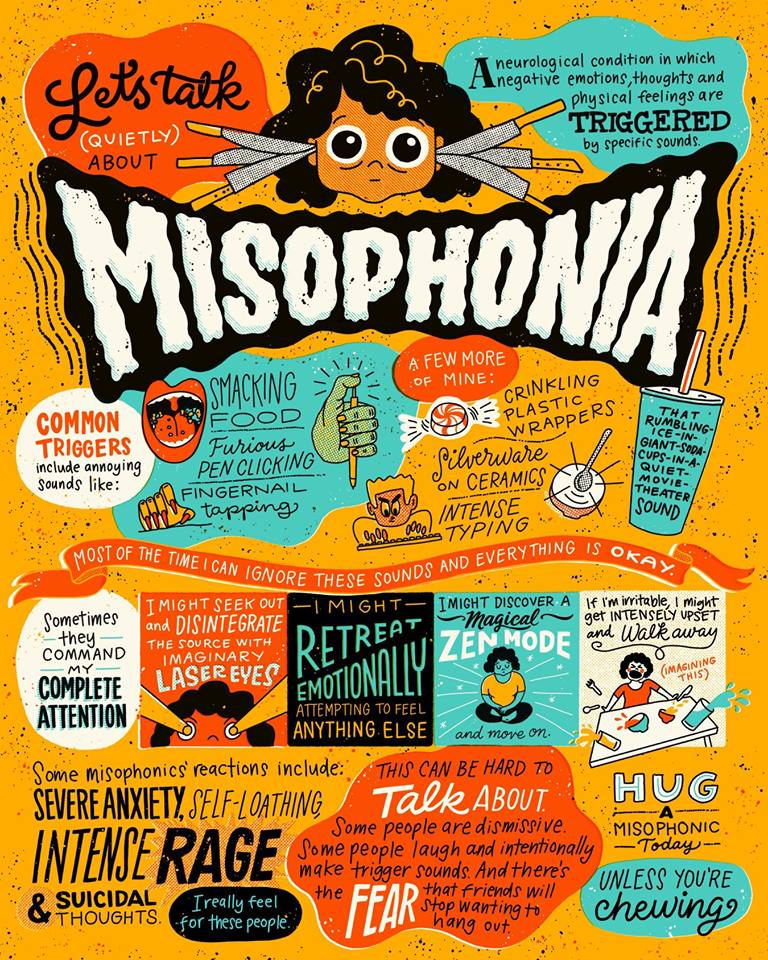The results of the investigations conducted up to 2017, the year of the publication of my article "The Brain Basis for Misophonia", show that in people with misophonia there is
Blog
Blog
Recognize medical – scientific dignity to the problem of misophonia
«Today in Italy there are still too few people who know what misophonia really is and what daily ailments it entails for those affected by it. Spreading the knowledge of
Prof. Sukhbinder Kumar: misophonia is not a sound processing disorder
Misophonia, which literally means "hatred of sounds", is a condition in which ordinary everyday sounds such as the sounds of someone eating food, drinking water or even breathing sounds cause
Investigating Misophonia
Misophonia is a neuro-behavioral syndrome, phenotypically characterized by heightened arousal of the autonomic nervous system and negative emotional reactivity (eg, irritation, anger, anxiety), in response to a reduction in tolerance
Responses to misophonia
Misophonia affects daily life, but you can learn to manage it. Treatment often involves a multidisciplinary approach that combines sound therapy by audiologists and supportive counseling where coping strategies are
Correlation between brain and sound
The age of onset of the misophonic condition is not known, but some people report symptoms between 9 and 13 years. Misophonia is more common in girls where it occurs
Sharing the Symptoms of Misophonia
Sharing this disorder with others can have uncertain outcomes. Sometimes, people make fun of those with a high sensitivity to sound. Some go so far as to make loud or









